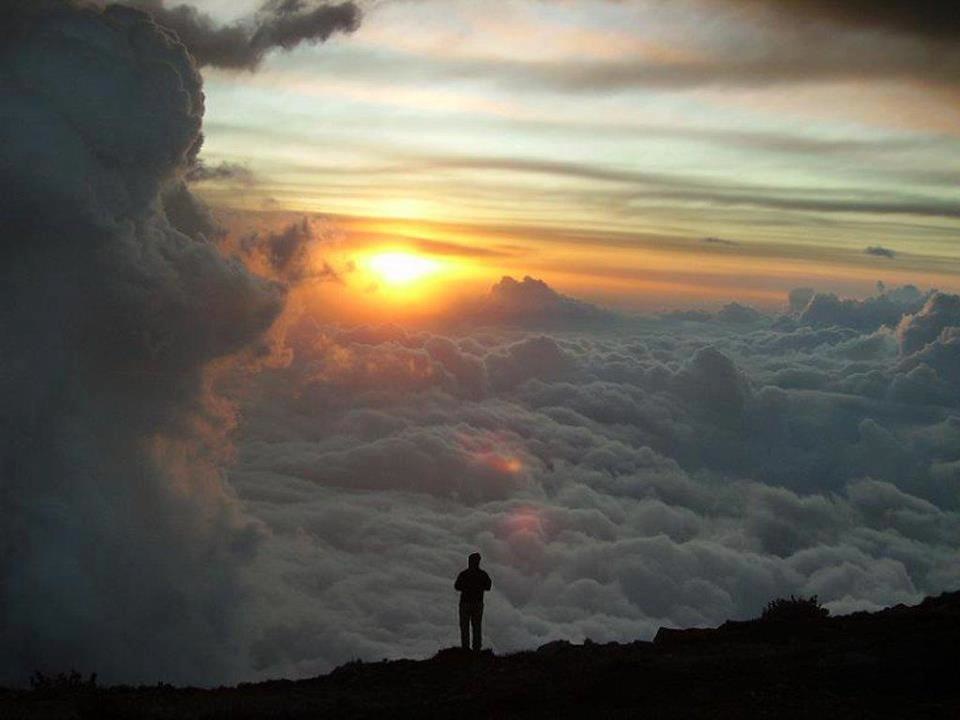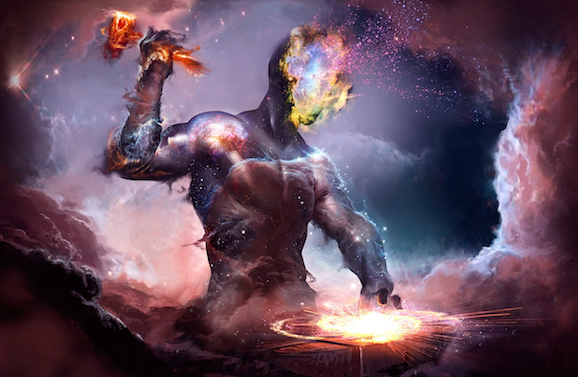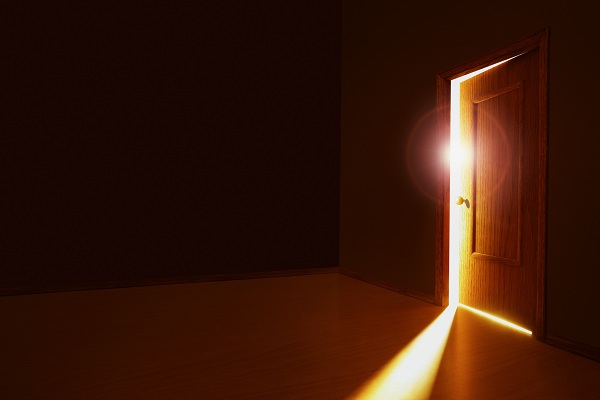Declare Your Independence
“The most important kind of freedom is to be what you really are. You trade in your reality for a role. You trade in your sense for an act. You give up your ability to feel, and in exchange, put on a mask. There can’t be any large-scale revolution until there’s a personal revolution, on an individual level. It’s got to happen inside first.”
― Jim Morrison
As we approach Independence Day (July 4th) in the United States I thought what an opportune time to take a look at declaring your freedom; in fact, to write your own declaration of independence.
First to set the context and to ground your reflection on this, we can look back to our school days when we learned that it was on July 4, 1776 that the second Continental Congress signed the Declaration of Independence, claiming legal separation from the British crown. And this set in motion the formal beginning of the American Revolution. It was not, however, until 1783 that the final treaties were ratified.
I’m not suggesting that it will take eight years to finalize or realize your personal independence, but that you need to allow yourself the time to reflect, to question, to think, contemplate and set (or reset) your intentions. From 1776 to 1783 people declared freedom and took action to gain that freedom. This is the moment for you to declare your freedom—freedom from expectations, unhealthy habits, the power brokers, etc. This is the moment to set in motion your freedom to question, to awaken and to be true to yourself.
Every day, every moment brings change. Change is a constant—even when you want to hold onto certain paradigms, circumstances, routines, etc., these things that you hold onto are in a changing and ascending world. One perspective is that by holding on to anything requires you to adapt or change just to hold on. With this, consider that holding on or being resistant to change is blocking your independence. You may be living in other’s expectations, in fear, denial, debt, or unconsciously, and the energy that you use living in this state impedes growth—and ultimately your freedom. 
You may have things in your life that you wish were different. Take the effort to understand them and what you vision for your life. Remember what you think are problems and that these problems that are holding you down is really a mirror or out-picturing of your thoughts or even misconceptions.
Declaring your independence is about removing the restrictions and limitations you put on yourself, and exercising your universal right to be you—to be happy, content, productive and at peace.
Many struggle today and live in a paradox of saying they want freedom, to be untethered and seek independence but they wait to be told what to do and how to do it, they blame others, they stop to think for themselves or to formulate their own opinions and concepts. In declaring your independence, you take responsibility and ownership.
Let me be clear, freedom should not be just for freedom’s sake. It is what you do with it. It is about challenging your self and valuing growth. Independence and freedom is about choice—and living a fulfilling life. A good question to ask yourself when you are on the path to creating your freedom is what happens when you have it and what’s next.
So on this 4th of July weekend of Independence, celebrate you and take the first steps towards your independence from limitation and oppression. Remind yourself that you have the power and resolve to live consciously. Declare you freedom!
What do you think—what does freedom mean to you?






